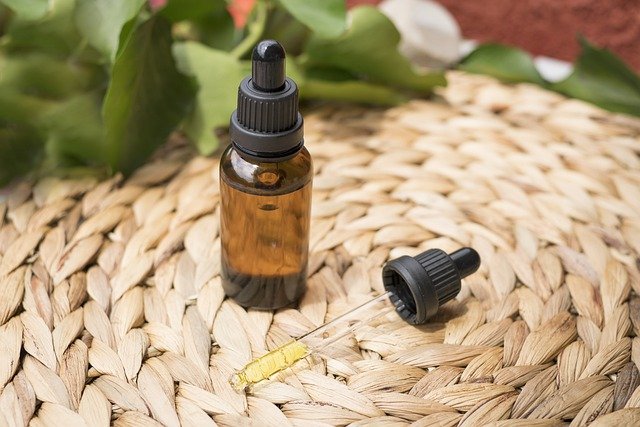Understanding CBD Law in Maryland
Image by Erin Stone from Pixabay
CBD is the latest health craze to land in the United States, and it is no wonder why. Cannabis in general has steadily improved its reputation from dangerous narcotic to a simple and even healthful pastime.
CBD, or cannabidiol, is a compound unique to cannabis that seems to improve the body’s ability to provide pain relief and relaxation without inciting detrimental side effects. Unlike THC, CBD does not get users high, and it does not seem to come with risks of dependency or substance abuse. As a result, many health gurus tout CBD as the cure for all sorts of ailments, from regular aches and pains to insomnia, depression, epilepsy and more.
Unfortunately, CBD exists in a liminal regulatory space. Because it derives from cannabis, it can be both legal and illegal, depending on where one lives. Here are the rules for buying and using CBD in Maryland, so users can stay safe and invest only in high-quality CBD products.
Industrial Hemp vs. Cannabis
Before we can get into the details of Maryland CBD law, there is an important distinction to be made between two often-interchanged terms: hemp and cannabis. Technically, the cannabis plant is just one species; genetic testing has found that despite the great variation in strains, it seems that no type of cannabis is so genetically distinct as to make it another plant altogether. Even so, the law differentiates one variant of cannabis called industrial hemp, which is cannabis that has less than.3 percent THC.
THC, or tetrahydrocannabinol, is the dominant psychoactive compound within cannabis, meaning it is responsible for getting users high. Typically, CBD users do not want high doses of THC in their products because they want the healing effects of CBD without the impairment of THC. Thus, most CBD products are produced from hemp, rather than cannabis (or marijuana), because hemp naturally has lower levels of THC.
In 2018, the Federal Government passed the Farm Bill, which permits the legal cultivation of industrial hemp — given state authorization as well. Accordingly, the Farm Bill de-schedules any products created from industrial hemp, which includes most CBD. While Maryland hasn’t outright rejected the idea of allowing farmers to grow industrial hemp, its industrial hemp program remains in the earliest stages of research and development.
Farmers interested in growing industrial hemp must apply to the state program and partner with an institute of higher learning, to allow for the collection of information about hemp cultivation. These farmers are permitted to sell their crop for a profit at the end of the growing season, and they aren’t restricted in how many acres they devote to industrial hemp. However, there are limited licenses for participation in the program, so not all Maryland farmers can benefit from hemp at once.
CBD law is closely linked to industrial hemp law because most CBD derives from hemp. The sooner more Maryland farmers are allowed to freely produce industrial hemp, the sooner Marylanders will have greater access to locally sourced, fresh, healthy CBD.
Purchasing and Possession Limits
Maryland does have medical cannabis laws, which restrict who can buy marijuana products and how much product can be purchased and carried at a time. CBD products that are derived from marijuana or non-industrial cannabis are only available at Maryland dispensaries, which means Marylanders with medical marijuana cards can purchase only 120 grams, or about 4 ounces, of raw flower or 36 grams, about 1.3 ounces, of CBD concentrates in a 30-day period, unless a doctor recommends more frequent use.
When it comes to hemp-derived CBD, however, Maryland has much fewer laws. This type of CBD is available almost everywhere; users can find it in online stores, in grocery stores, in pharmacies, in smoke shops, in health food stores and more. There are a few CBD-only stores that specialize in CBD products, for those looking for a great variety of high-quality options. Though buyers need to be 18 or older to acquire CBD in stores or online, there are no limits on the amount of CBD an individual can purchase at a time.
CBD has become the center of the latest health craze for good reasons. The natural compound does seem to provide a wealth of positive effects, and its notable lack of side effects makes it safe for use even by those with serious health conditions. Maryland’s CBD laws are not as restrictive as its broader cannabis regulations, and the sooner the state allows for the widespread cultivation of industrial hemp, the sooner the CBD industry will thrive.

